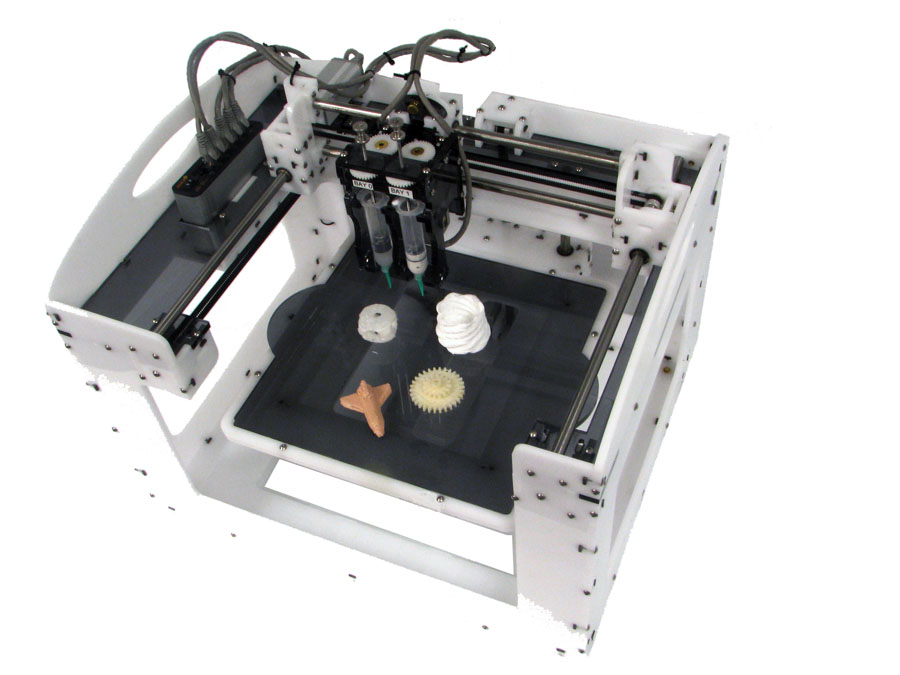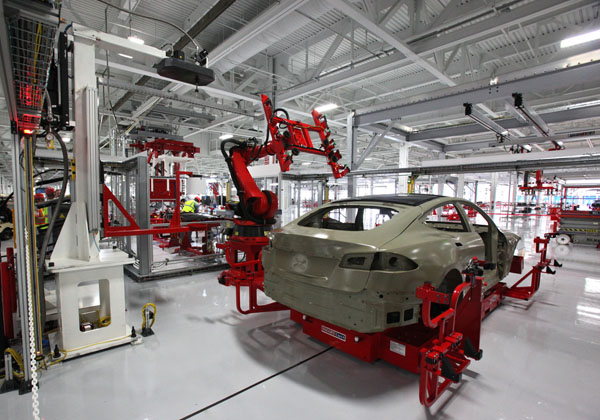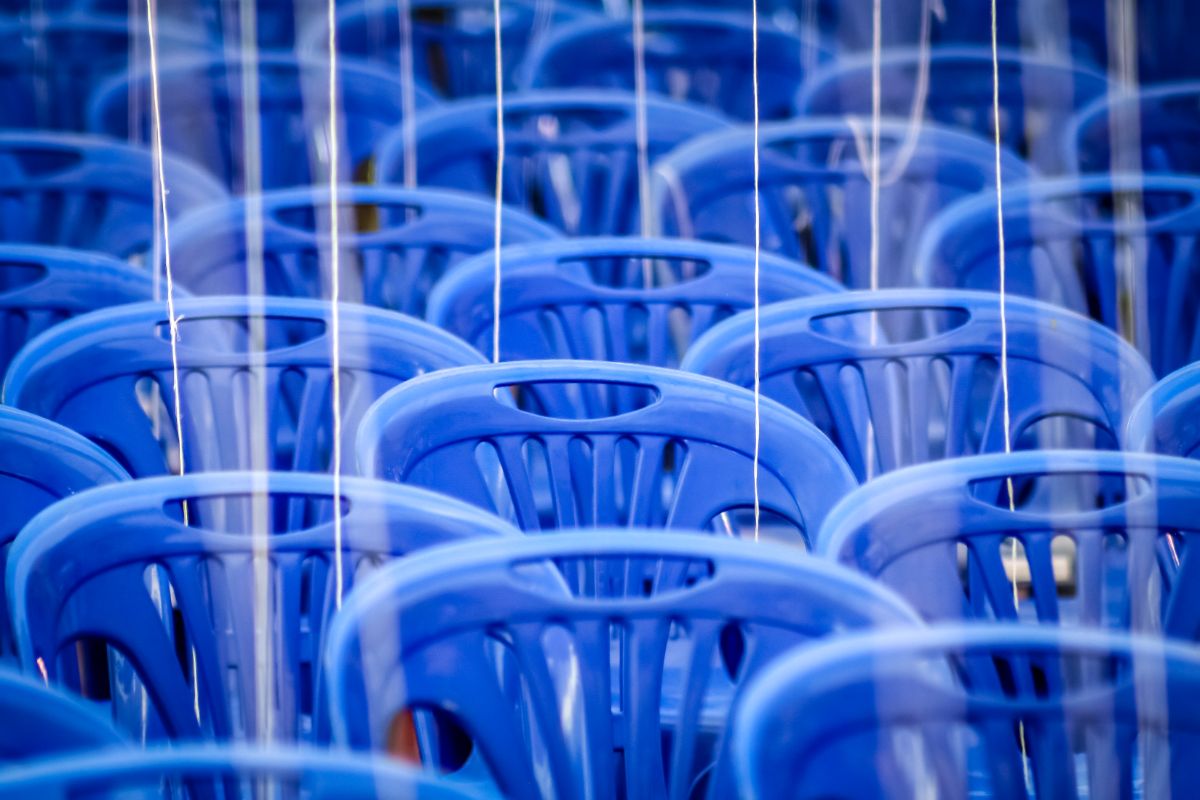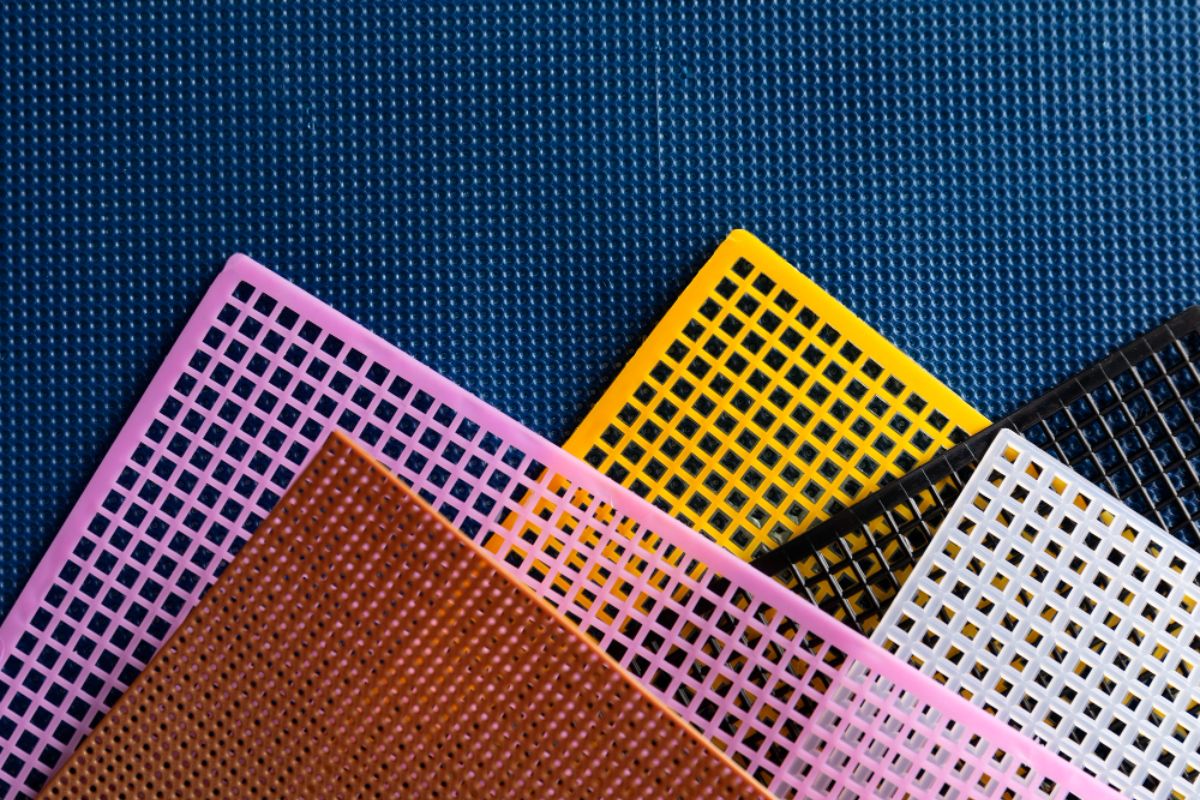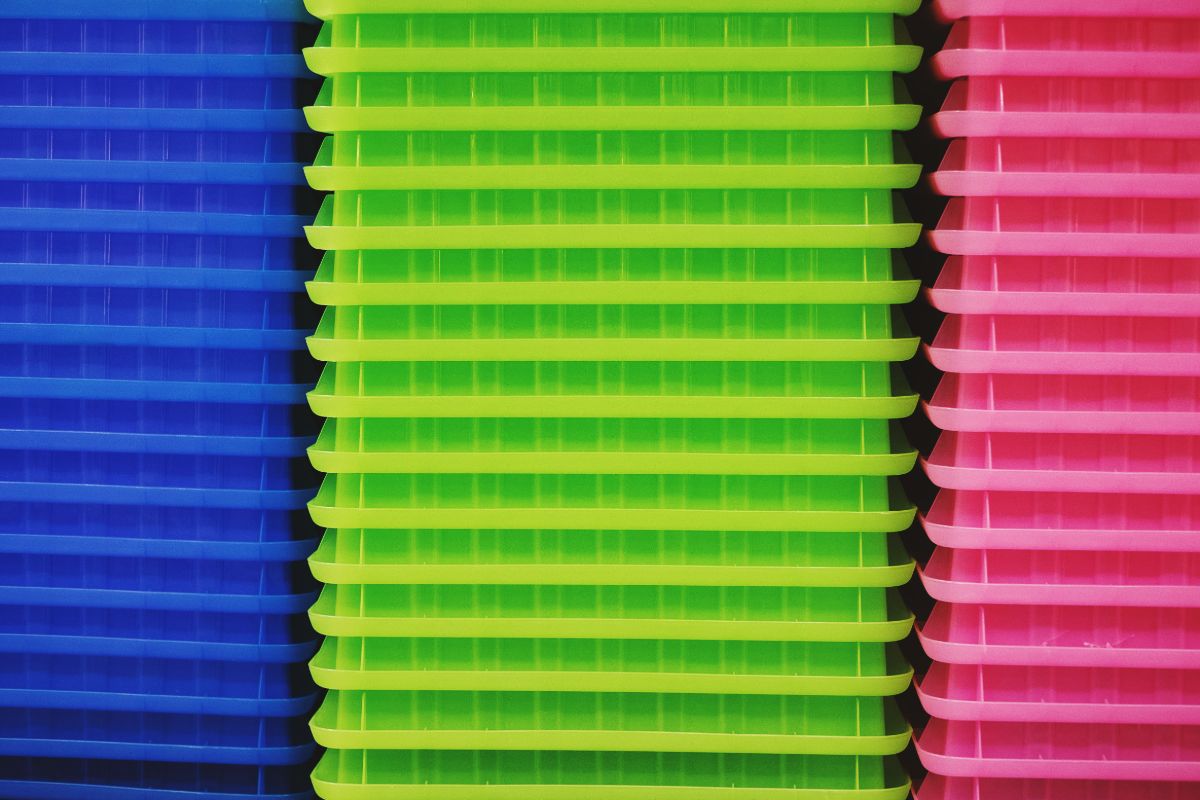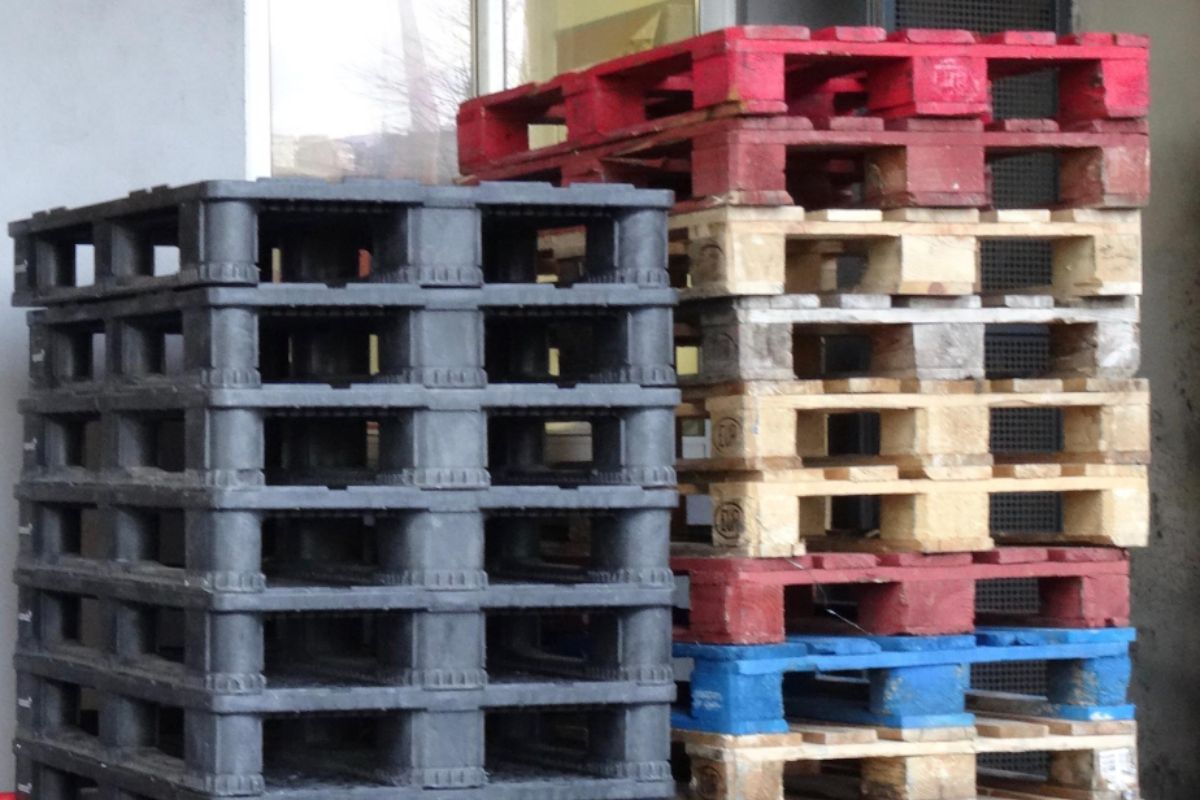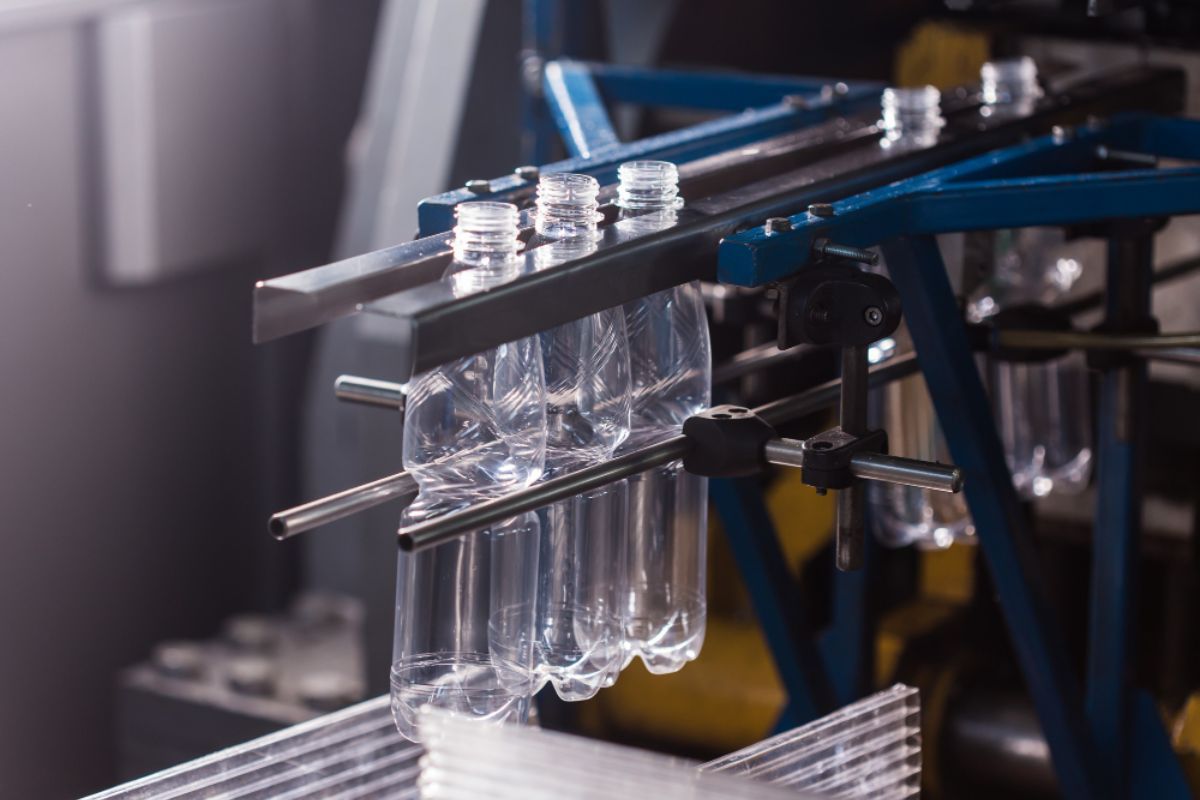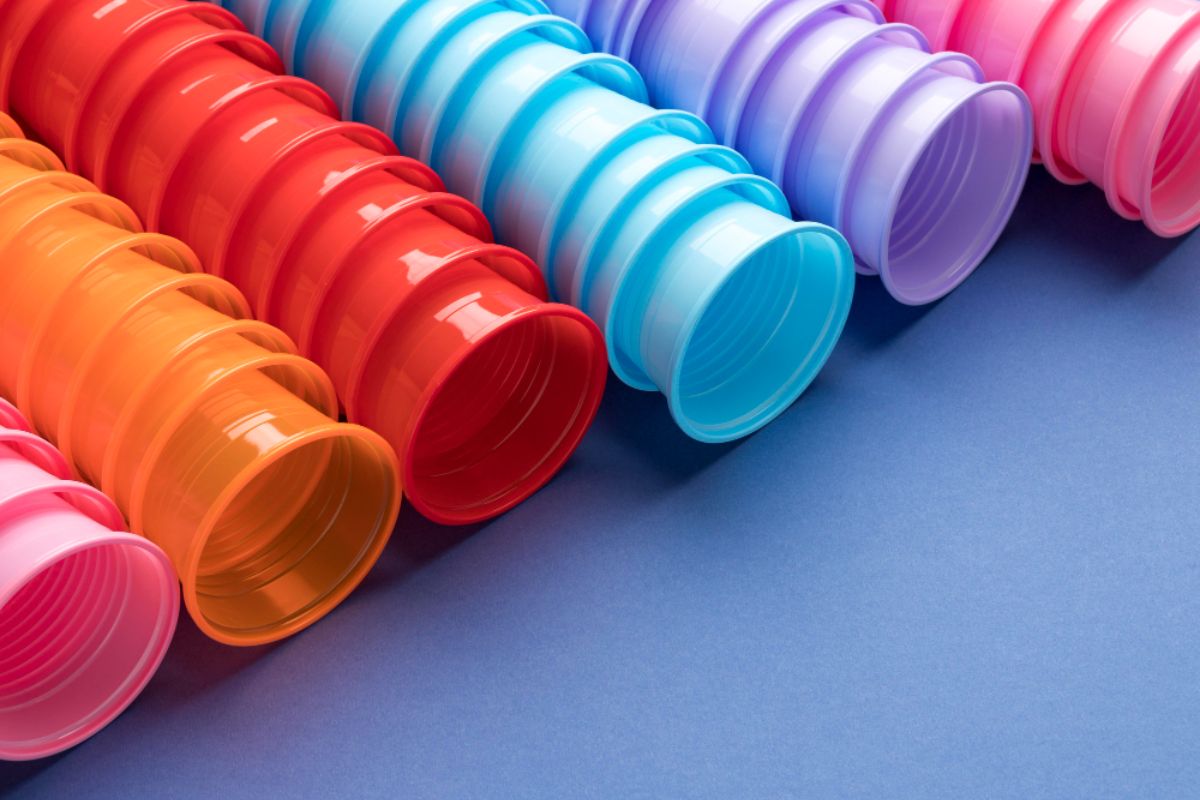What are the trends in the Plastic Injection Molding industry in China this 2018?
- Sustainability Practices
- Metal to Plastic Conversion
- Automation
- Design for Manufacturability
- Precision Molding
The industry of Plastic Injection Molding in China is constantly innovating with new technology, materials, and techniques introduced in the production process. Experts say that a number of changing trends will carry on to this year not only in the companies of plastic injection molding in China but all across the globe as well.
This can all be attributed to the innovative advances that the collective minds from the engineering department and the whole manpower services of the injection molding businesses and these trends will be beneficial in the long run. Although these trends may be unpredictable because of the different practices that can still develop with every practice in the standard operating procedure, it is still great to be knowledgeable with these practices so that you can think of how your product can progress in their respective industry.
Keep an eye on these plastic injection molding industry trends this 2018!
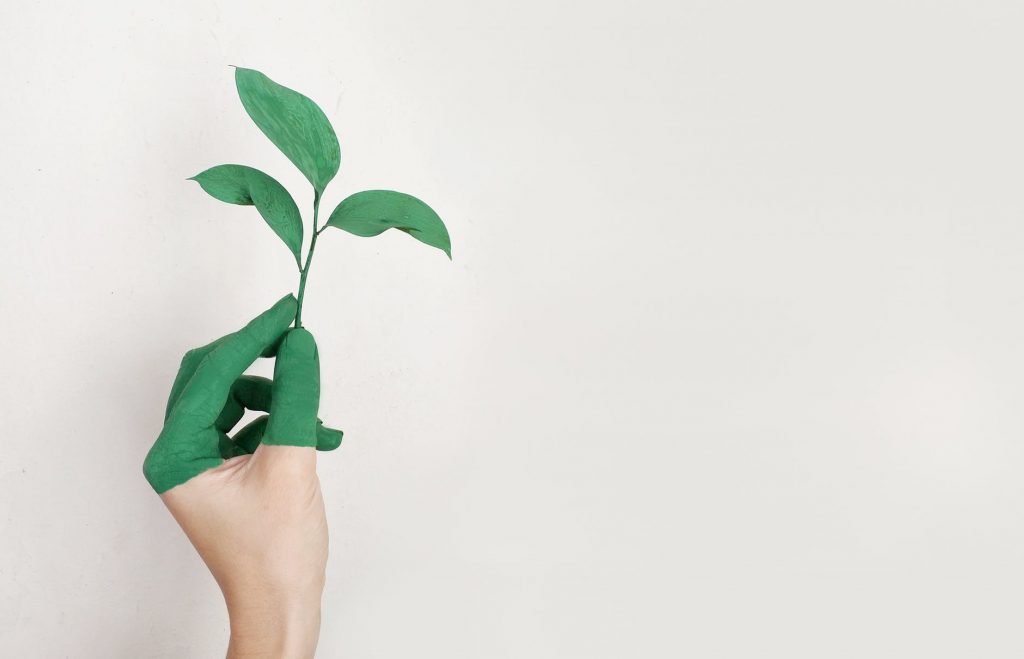
Sustainability Practices
The need to protect the environment has been developed from a singular vision of a large-scale business mission. Plastic injection molding companies want to show that eco-friendly practices and materials can spell more long-term effects both on the environment and for your business.
This is translated to equipment usage with less generated power spanning up to 50% which is a significant change from devices introduced to the industry years ago. It is also a trend to participate in responsible waste management with the amount of scrap plastic being reduced or recycled, which will decrease the amount of plastic waste.
There is also the eco-friendly option of producing bio-plastics. Bio-plastics are the type of plastic that is created from biodegradable plants like corn, soybeans, and flax. This will significantly decrease the need to use fossil fuels and create plastics that are sustainable for the environment.
Metal to Plastic Conversion
Mold manufacturers are now considering changing metal parts and products to plastic which will lead to a growth in the molding industry. This trend presents itself as a prime solution to employing new technologies for the whole production process. The idea of metal to plastic conversion has always been around the industry but present times have encouraged plastic injection companies to focus on it closely.
The modern plastic is stronger, lightweight, flexible in design, and offers a myriad of options for functionality, which is why metal to plastic conversion is an ongoing trend for injection molding.

Automation
The industries in plastic injection molding are quickly adopting automation as a lead production process, not only does this speed up the manufacturing system but it also increases productivity. Automated machines can make molding companies better allocate their resources. This doesn’t mean that employment in the company will dwindle, this just means that they can focus on administrative services or in maintaining the automated systems.
Having an automation process can improve the accuracy, speed, and flexibility of the plastic injection molding process and they fit correctly with whatever requirements may be put up for the project.
With this, human employees can focus on tasks pertaining to creativity or a more personal approach, with the automated machines focused on the whole manufacturing process. For this trend to be successful, it would require further program support and maintenance for these automated systems.
Design for Manufacturability
The design for manufacturability concept is another solution that has been proved as a trend. The considerations for designing parts for manufacturability include material consideration, gate location, material shrinkage, part rigidness, and the draft.
A successful design for manufacturability strategy makes it possible to reduce the amount of time needed for product testing and the strategy to limit molding defects.
Precision Molding
Precision molding is a trend that can be used to address most of the manufacturing challenges that you may encounter with plastic injection molding. This can allow engineers to create solutions for production issues using advanced equipment and a combination of the automated systems.
This can effectively simulate mold flow, monitor the injection process, make changes to the process in real-time, send alerts if there is a malfunction, and programs machines to alarm when there are tolerances to the operation.
Having this ensures that production will result in high-quality products made with the utmost care and high precision manufacturing. This will also give way to many strategies for customized manufacturing which can present many options for meeting project requirements.
Key Takeaway
The top trends in the plastic injection molding industry do not stop here. With many innovations created around large-scale companies, there will be no shortage of the flexibility of ideas that can surround the manufacturing processes for molds.
If you are looking for a team that can easily adopt this trend and cater to your project standards as innovatively as possible then our highly skilled professionals here at Richfields are the right choice. Together with our plastic mold makers, we can turn your concept into a highly functional product with a quality like no other, aided by industry trends and technologies.

